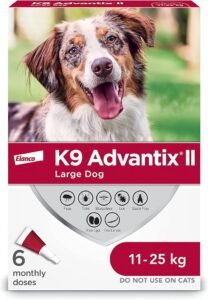Are you worried that your pet will get COVID-19? After seeing several reports in the news of animals testing positive—from tigers in a Bronx zoo to a pug named Winston—you might think that there’s cause for concern, but don’t panic just yet.
The CDC says that “there is no evidence that animals play a significant role in spreading the virus that causes COVID-19,” and the few studies that have come out so far seem to confirm this.
One study, for example, looked at 102 cats from animal shelters and pet hospitals in Wuhan, China, where the outbreak originated, and found that only 11 tested positive for antibodies of the virus, suggesting a low rate of transmission between felines, and from humans to cats. Furthermore, the researchers concluded “there is no evidence of SARS-CoV-2 transmission from cats to humans.”
Another study found that, while the disease does transmit efficiently among cats and ferrets, “it replicates poorly in dogs, pigs, chickens, and ducks.” In the case of Winston the pug, to date the only dog in the U.S. to have tested positive for the coronavirus, it’s believed that he picked it up from one of his owners, and he did not pass it along to the family’s other two pets, a cat and a dog.
In summation, the odds of your pet contracting the coronavirus are very slim, and there’s no reason to believe that they would pass it on to you. In most cases, animals that have tested positive have exhibited mild or no symptoms, and none are believed to have died from the virus.





